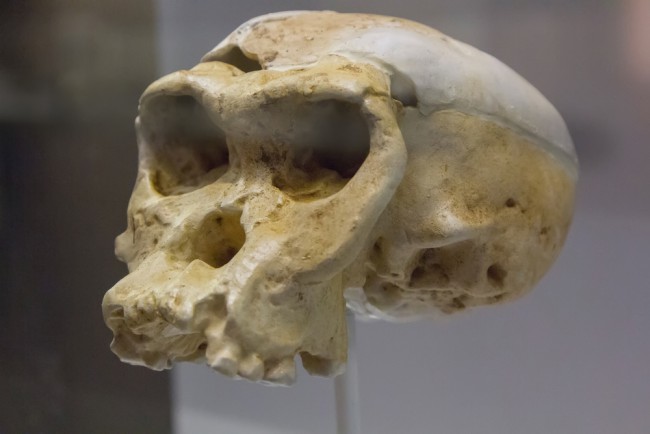
Nature is a brutal competition for resources and needs, and even adorable animals do some pretty horrifying things just to get by. So you’d think that between humans and Neanderthals, the latter lost out thanks to war and everybody doin’ the nasty with anything hominid. But it turns out, a major contributor to Neanderthal extinction had nothing to do with malice, and everything to do with not understanding disease.
Researchers at the Universities of Cambridge and Oxford Brooks recently uncovered that many infectious diseases which originate in tropical areas, like tapeworms, tuberculosis, and of course, herpes, were thousands of years older than thought. Not only that, they’ve been evolving to better infect humans for much longer, as well, the nasty little jerks. And, as the researchers politely state, because “genetic interchange” was pretty popular back in the day, so Thorg would come back from a hunting party with a smile on his face and then give everybody something horrible. Homo sapiens was already used to these diseases, but Neanderthals, having never met them before, would have no immune defenses.
Today, getting sick is usually just an annoyance, but back then, the sick couldn’t hunt or gather, which is kind of important when your entire food supply is built around those two actions. Long term, it would have weakened entire Neanderthal populations and reduced their ability to survive, thus helping to drive them off the planet. Yes, herpes helped contribute to wiping out an entire species.
This isn’t the only factor in Neanderthal extinction, of course. War, evolutionary disadvantage, and a host of other issues all played a role as humanity rose from the cradle of Africa. But it seems disease had a role to play, and it’s a valuable reminder of just how fragile we are, as a species.
(Via University of Cambridge)
